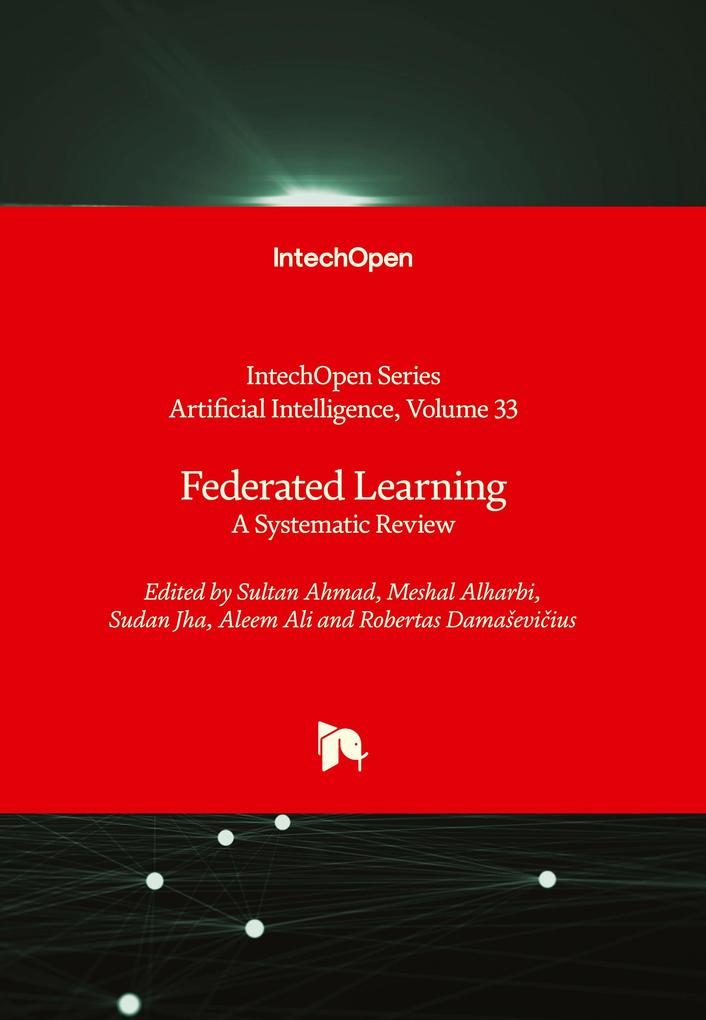
Zustellung: Mi, 21.05. - Sa, 24.05.
Versand in 1-2 Wochen
VersandkostenfreiBestellen & in Filiale abholen:
Federated Learning (FL) represents a transformative leap in distributed machine learning by enabling multiple clients to collaboratively solve complex tasks without compromising data privacy. This innovative approach eliminates the need for centralized cloud storage, ensuring privacy-preserving data handling while offering smarter models, reduced latency, and enhanced power efficiency. This book serves as a comprehensive guide to the evolving field of Federated Learning, providing in-depth insights into its definition, architecture, and classification. It examines the distinctions between FL and traditional distributed learning paradigms through a comparative lens. The chapters explore key concepts, algorithmic advancements, and computational strategies that underpin the development of FL, with a particular focus on deep learning applications. Readers will find detailed discussions on critical topics such as horizontal and vertical FL, federated neural networks, federated reinforcement learning, and specialized algorithms like Federated LSTM and CNNs. By bridging theoretical foundations with practical implementations, the book also addresses common challenges in FL and presents potential pathways for future advancements. Aimed at researchers, academics, and practitioners, this book is valuable for understanding Federated Learning's role in shaping the future of privacy-conscious, intelligent machine learning systems.
Produktdetails
Erscheinungsdatum
02. April 2025
Sprache
englisch
Seitenanzahl
192
Verlag/Hersteller
Produktart
gebunden
Gewicht
632 g
Größe (L/B/H)
266/185/18 mm
ISBN
9781836342120
Entdecken Sie mehr
Bewertungen
0 Bewertungen
Es wurden noch keine Bewertungen abgegeben. Schreiben Sie die erste Bewertung zu "Federated Learning - A Systematic Review" und helfen Sie damit anderen bei der Kaufentscheidung.









